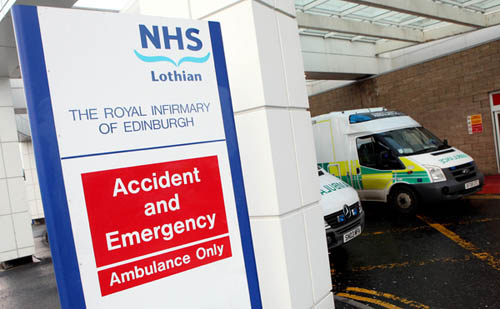A drug that breaks up blood clots in the brains of stroke patients could be used more widely than at present without increased risk, a brain study has suggested.
It had previously been thought that giving the drug to people with signs of early damage in the brain caused by a stroke would increase the chances of them suffering a bleed on the brain – which can be fatal.
The Edinburgh University study is the first to show that early tissue damage seen in brain scans does not necessarily indicate an increased risk of bleeding.
Patients with early tissue damage from strokes are less likely to make a full recovery, but they still benefit from receiving the drug, researchers say.
The drug – called alteplase – is the only treatment for strokes caused by a blocked blood vessel in the brain.

Worries over the appearance of brain scans of patients taken on arrival at hospital to diagnose strokes have probably meant patients who could have benefited from alteplase did not receive it, the team says.
Experts were concerned that patients with early brain tissue damage – which can be difficult for stroke doctors to see – were more likely to suffer a brain bleed if they were treated with alteplase.
Researchers at the University of Edinburgh found there is only an increased risk of haemorrhage in patients with multiple signs of tissue damage caused by other diseases before the stroke – which are easily identified in scans – together with signs of a fresh clot blocking an artery.
In the small number of people with signs of both previous tissue damage and a new clot in a blood vessel, 14 per cent of those given alteplase are likely to have a haemorrhage, the team says. However, in people without these signs only three per cent are expected to suffer a bleed if they are given the drug.
